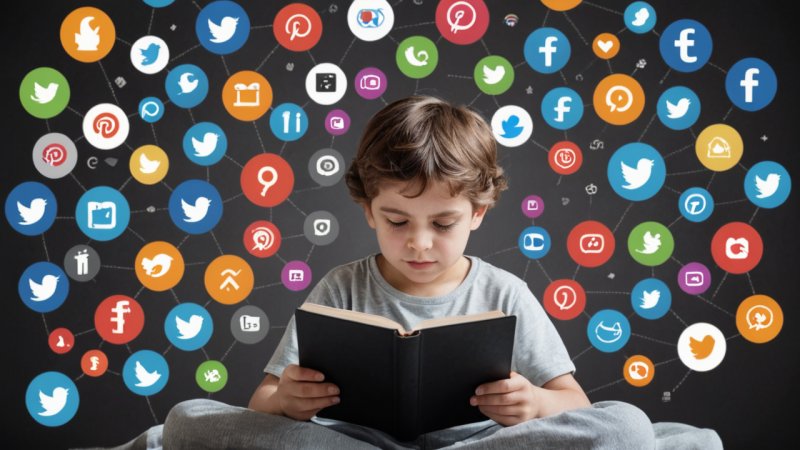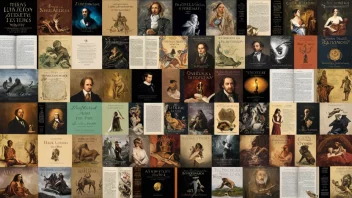In today's digital age, social media has become an integral part of children’s lives, influencing various aspects of their development, including their reading habits. As platforms like Instagram, TikTok, and YouTube flourish, they not only provide entertainment but also serve as avenues for discovering new books and authors. This article explores how social media affects children's engagement with literature, highlighting both positive and negative impacts while offering insights into fostering a healthy reading culture amidst the digital noise.
Increased Exposure to Diverse Literature
Social media platforms have revolutionized the way young readers discover books. Influencers, authors, and publishers frequently share recommendations that introduce children to a wide array of genres and themes. Here are some ways social media enhances literary exposure:
- Bookstagram and BookTube: Instagram and YouTube communities dedicated to books encourage children to explore genres they might not have considered on their own.
- Trending Challenges: Popular reading challenges on platforms like TikTok motivate children to read more and discover new titles.
- Author Interactions: Social media allows young readers to connect with authors, fostering a sense of community and excitement about reading.
Community Building and Shared Experiences
One of the most significant benefits of social media is its ability to create communities around shared interests. For young readers, this can lead to:
- Book Clubs: Many children participate in online book clubs, where they can discuss their thoughts and feelings about a book, enhancing comprehension and critical thinking.
- Peer Recommendations: Children are more likely to trust recommendations from friends or influencers they follow, which can lead to increased interest in reading.
- Engagement with Literary Themes: Discussions about books on social media often delve into deeper themes, helping children understand complex topics through literature.
The Risks of Digital Distraction
While social media can promote reading, it also presents challenges that can hinder children's engagement with literature. Some of the risks include:
- Shortened Attention Spans: The fast-paced nature of social media can lead to difficulties in maintaining focus, making it harder for children to engage deeply with longer texts.
- Overstimulation: Constant notifications and updates can distract from reading time, reducing the overall amount of literature children consume.
- Comparative Pressure: Seeing peers read numerous books can create pressure to perform rather than enjoy reading, leading to anxiety around literature.
Encouraging Healthy Reading Habits
To ensure that social media positively influences children's reading habits, parents and educators can take proactive steps:
- Set Boundaries: Limit screen time to encourage dedicated reading periods without distractions.
- Promote Quality Content: Guide children towards accounts that focus on book recommendations and literary discussions rather than superficial trends.
- Encourage Discussions: Foster conversations about books and what children are seeing on social media to help them articulate their thoughts and feelings about reading.
The Role of Educators and Librarians
Educators and librarians play a crucial role in integrating social media into reading initiatives:
- Curate Book Lists: Create and share lists of recommended books on school or library social media accounts to inspire students.
- Host Events: Organize online author visits or virtual book clubs to engage children in reading.
- Teach Critical Media Literacy: Equip children with skills to navigate social media critically, helping them discern quality content that promotes reading.
In conclusion, social media undoubtedly influences children's reading habits in both positive and negative ways. It opens doors to diverse literature and community building while presenting distractions that can detract from the reading experience. By fostering healthy reading habits and guiding children through their digital environments, parents, educators, and librarians can help them cultivate a lifelong love for reading amidst the growing influence of social media.






